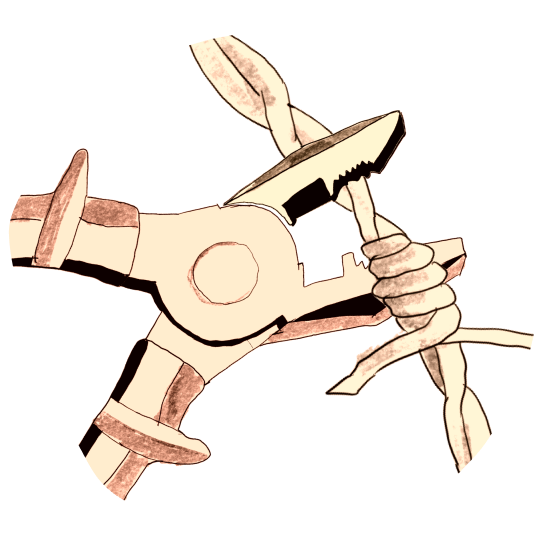Profiting from the climate crisis and fortress Europe?
Panel on how state and economic interests
are played off against human rights
November 6, 16:30–18:00 CET
Quartierraum, Holligerhof 8, 3008 Bern, Oberes Hofgeschoss
Recording
Description
The climate crisis is ever more evident in countries of the Global South as we have witnessed in 2022 with the floods in Pakistan and the drought in the Horn of Africa. Those suffering contributed the least to greenhouse gas emissions, yet those countries most responsible refuse to either drastically cut emissions or provide sufficient finance to those on the brunt end of the crisis. Rather they formulate political responses in their own interest. Thus, even global emergencies are shamelessly exploited by corporations and states to turn them into profit. And the desire for profit often stands in direct opposition to the well-being of people and planet.
Spending on border militarization, for example, exceeds investments in climate-protection in many countries of the Global North. The victims of climate change are painted as ‘threats’ to national security. And European governments are providing arms, weapons, and aid to authoritarian regimes, such as that of President el-Sisi in Egypt, in exchange for stopping migrants seeking safety and dignity.
This discussion therefore aims to shed light on and critically question the connections between Fortress Europe and climate policy. How are colonial power structures perpetuated on different levels? And who actually benefits from a militarized border regime? We try to find answers to these questions with four different perspectives:
- Muhammad al-Kashef (he/him), human rights lawyer, researcher consultant and activist. Alarm-Phone & Migreurop
- Nick Buxton (he/him), researcher and activist, involved in climate and migrant justice movements since the early 2000s (will join online)
- Payal Parekh (she/her), climate activist and climate scientist, advising NGOs and grassroots movements around the world, specialising in campaign strategy and civil disobedience. Born in India, lived in the US and since 2011 in Bern.
- Taqadum al-Khatib (he/him), researcher on temporary politics and modern history of the Middle East at Heidelberg University
Language
The event will take place in English with simultaneous translation into German.
